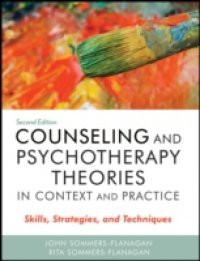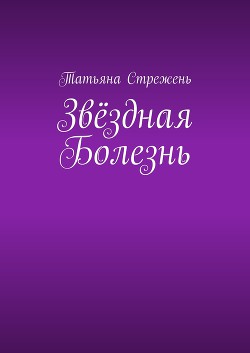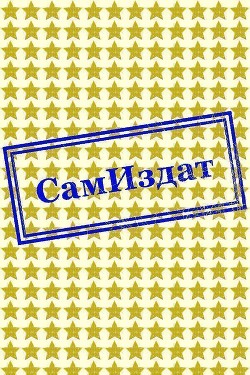A comprehensive, in-depth exploration of the origins, contemporary developments, and applications to practice related to each major counseling theory Fully revised and updated, Counseling and Psychotherapy Theories in Context and Practice, Second Edition is complete with useful learning aids, instructions for ongoing assessment, and valuable case studies all designed to facilitate comprehension and lead to effective, ethical practice. The Second Edition features: New chapters on Family Systems Theory and Therapy as well as Gestalt Theory and Therapy Extended case examples in each of the twelve Theory chapters A treatment planning section that illustrates how specific theories can be used in problem formulation, specific interventions, and potential outcomes assessment Deeper and more continuous examination of gender and cultural issues An evidence-based status section in each Theory chapter focusing on what we know from the scientific research with the goal of developing critical thinking skills A new section on "Outcome Measures" that provides ideas on how client outcomes can be tracked using practice-based evidence Showcasing the latest research, theory, and evidence-based practice, Counseling and Psychotherapy Theories in Context and Practice, Second Edition is an engaging and illuminating text. "John and Rita Sommers-Flanagan have done it again! In the revised Second Edition of their popular book, they have masterfully organized and written a compelling text that will appeal to students and faculty alike. The Second Edition is thoroughly pragmatic with careful attention to research and evidence-based literature. Much to the delight of readers, extensive case analyses that illustrate major theoretical concepts abound." Sherry Cormier, PhD, Professor Emerita, West Virginia University, coauthor of Interviewing and Change Strategies for Helpers "John and Rita Sommers-Flanagan have written an exceptionally practical text for students wishing to learn usable counseling principles. Their excellent scholarship is balanced by a superb treatment of counseling theory that includes a review of the strengths, limitations, and means for implementing the systems represented." Robert Wubbolding, EdD, Professor Emeritus, Xavier University; Director, Center for Reality Therapy; author of Reality Therapy (Theories of Psychotherapy Series) "This introductory text is written with extraordinary care and attention to detail. Not only is it one of the best resources I know of for in-depth coverage of classical therapeutic theory, it is also one of the best at illuminating cutting-edge developments, both in theory and application. Readers will greatly benefit from the clarity, comprehensiveness, and personal perceptiveness of this engaging introductory guide." Kirk J. Schneider, PhD, Faculty, Saybrook University; Vice President, Existential-Humanistic Institute; coauthor of Existential-Humanistic Therapy and editor of Existential-Integrative Psychotherapy


















